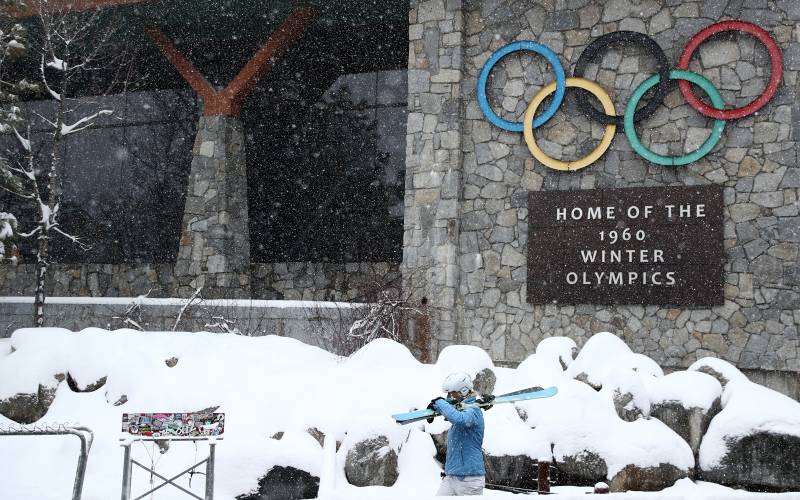A popular California ski resort whose name included a derogatory term for Native American women changed its name to Palisades Tahoe on Monday. Resort officials had begun searching for a new name last year amid a U.S. reckoning over racial injustice. Tribes in the region had been asking the resort for a name change for decades.
The renaming of Squaw Valley Ski Resort is one of many efforts nationally to address a history of colonialism and systems of oppression against Native Americans and other people of color that includes removing statues of Christopher Columbus and renaming sports teams with racist names.
The word “squaw,” derived from the Algonquin language, may have once simply meant “woman,” but over generations, the word morphed into a misogynist and racist term to disparage Native American women, according to experts.
“It was the right thing to do and I think it’s going to make a difference. I think we’re going to be seen as a more welcoming, inclusive resort and community,” said Palisades Tahoe President and COO Dee Byrne.
Byrne said that after studying the issue for the past year, the resort concluded the word is very offensive “not just to Indigenous women but to all women.”

